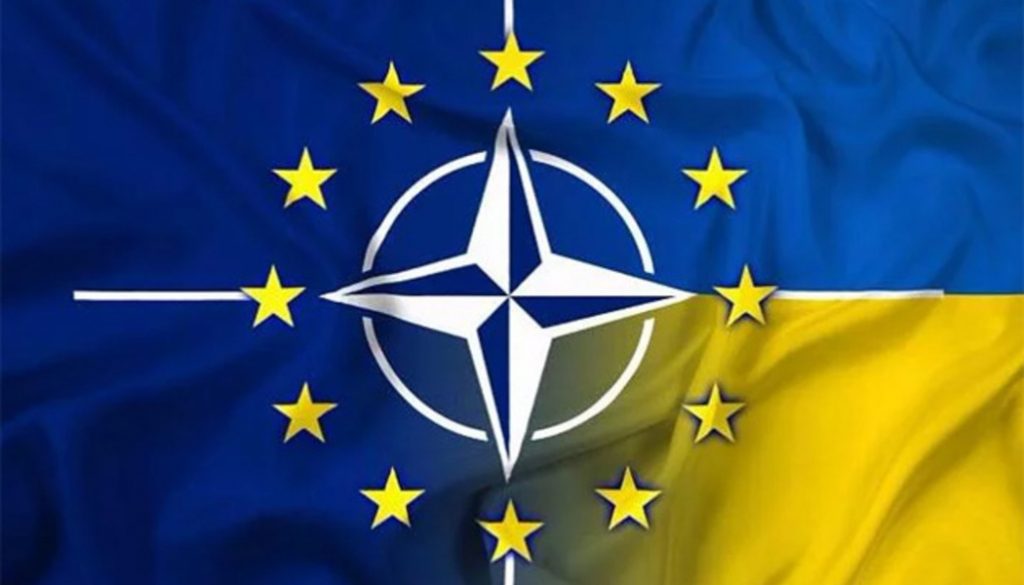Recent events in Russia have demonstrated inconsistency not only in foreign policy issues, but also extreme instability within the country. A particular danger is that Russia, as the successor to the Soviet Union, has a huge amount of weapons, including those received from Ukraine in exchange for security guarantees. A country with a huge military and nuclear potential and an unstable, aggressive policy is a direct threat to the entire world security.
A clear example of Russian aggression today is its invasion of Ukraine and its constant nuclear blackmail. In addition to threats, there are openly terrorist actions: shelling of peaceful cities, critical infrastructure, kidnapping and the deportation of the Ukrainian population. But this is not enough for Putin. After the seizure of the Zaporizhzhia NPP, Russia regularly threatens with its undermining, which will lead to irreversible consequences not only in Ukraine, but throughout the world. Given the undermining of the Kakhovka Hydroelectric Power Plant by Russian troops, from words to action is only one step, which will have catastrophic consequences for the environment and the population.
Since the Russian invasion of Ukraine has long stopped being a local conflict, it is necessary to support Kyiv for restoration of peace on the continent and building a more effective global security system.
A turning point in the war with Russia, i.e., achieving the long-awaited peace, is expected on July 11-12, 2023 at the Vilnius NATO Summit, where the main issue will be Ukraine’s membership in NATO.
Today, internal processes in Russia exclude any democratic reforms. It means the prolongation of the military threat, nuclear, environmental and food terrorism for a long period. Radical action is needed to contain the danger. At first, to get rid of “imperial” ambitions. Much depends on Ukraine here, because the absolute military defeat of Russia in Ukraine, international tribunal on Putin and Lukashenko and, of course, Ukraine’s membership in NATO and the EU will stop the revanchist interests of Russian imperialism. In addition, Ukraine in NATO and the EU is in fact a guarantee for the emergence of the processes of democratization in Russia, which means the restoration of peace in Europe. Recent events have shown, that the Kremlin’s loss of control over part of its power structures, arms depots, is pushing the West to accelerate the process of strengthening defense alliances, primarily on the eastern flank.
The first and most serious step towards strengthening the defense capability will be the decision taken during the Vilnius Summit on Ukraine. Uncertainty that was in the past led to the catastrophic consequences that the whole world is witnessing today. We are talking about the refusal to grant the MAP to Ukraine and Georgia during the Bucharest Summit in 2008. Feeling his permissiveness, Putin activated his bloody policy, first invading Georgia, then annexing Crimea and sending his troops to the Donbas. Subsequently, the weak reaction of the collective West and the world community led to a full-scale invasion of Ukraine and open threats to the security of, at least, Europe. That is why the consolidation of European countries around Ukraine should become the priority for the entire community. Despite the beliefs of a few skeptics, this is possible only with Ukraine’s full-fledged membership in Western organizations, especially in the defense alliance.
The decision of the Summit participants will determine the contours of European and world security for decades to come.

